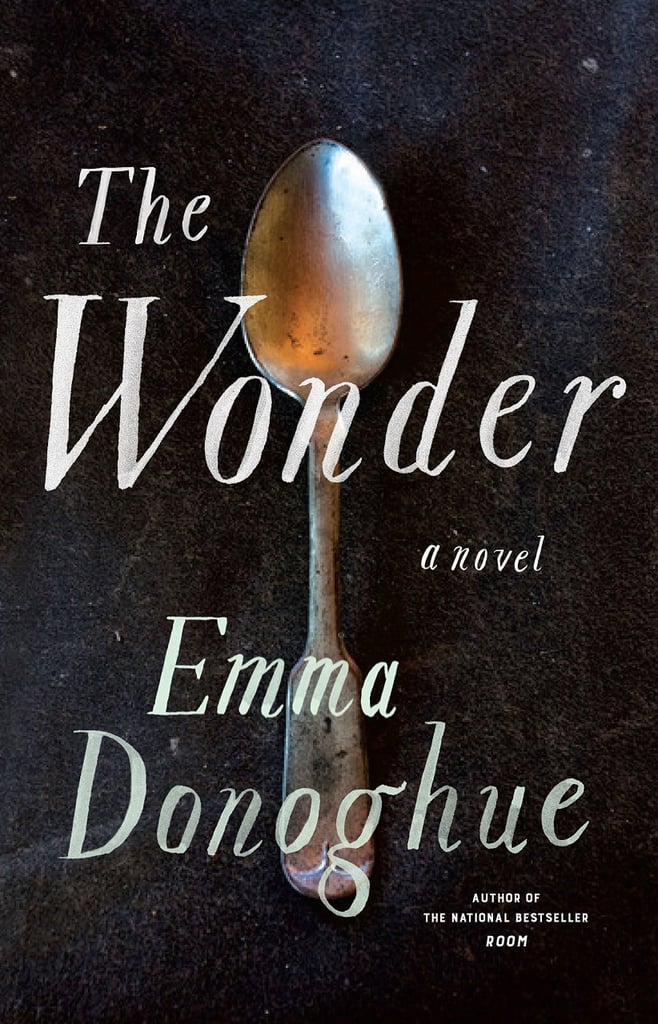
Lacking control over their circumstances, they learned not to borrow trouble by looking farther down the road?” “The poor lived for the day, was that it? Lib wondered. Anna’s family, who are heartily cheering for her martyrdom, play emotional bad guys as well as saints, victim to their circumstance and faith. Also like Jack, Anna is ruled by the ideologies of the adults around her, with Lib serving as her only conduit to the world outside her home. Once again, Donoghue’s child characters shine in their imaginings just like Jack in Room, Anna (the protagonist in The Wonder) is faced with creating solace in unimaginable circumstances. The resulting narrative is harrowing and a filled with touches of magical realism. For Anna, during this watch, each day had to pass like one endless moment. How could the child bear not just the hunger, but the boredom? The rest of humankind used meals to divide the day, Lib realized, as reward, as entertainment, the chiming of a clock.

“You’re an intelligent girl.” The compliment came out more like an accusation. She feels empathy and clinical concern for the child while battling the need to do her task at hand. Lib, ever the pragmatist, finds herself in an emotional predicament she had not expected while she’d come to Ireland with the intention of uncovering a fraud, she finds that her nursing practices are in question. In order to substantiate or refute said claims, two nurses are sent to watch the girl 24/7: a nun of the same order and province as the girl and Lib, whose work with Nightingale secures her as a nurse of high-esteem. Her task? To watch Anna, a young girl who hasn’t eaten in three months-a proclaimed future saint, Ireland claims. Lib, a pragmatic yet empathetic nurse training under the hand of Florence Nightingale, is dispensed to the dead center of Ireland-a place so damp, Lib thinks, that water collects like in the bottom of a saucer. Emma Donoghue, whose work has notoriously depicted children in fanatical and fantastical predicaments (such as in Room), strikes deep with The Wonder, placing the reader in the dark reaches of a time and a land of religious zeal. Though the passage above occurs quite late in the book, it characterizes perfectly the tone and arc of the narrative.

So quiet, so lone, as if some disaster had laid waste the whole country and Lib was the last to walk its muddy paths.” “Still dark a cloud loosely bandaged the waning moon.


 0 kommentar(er)
0 kommentar(er)
